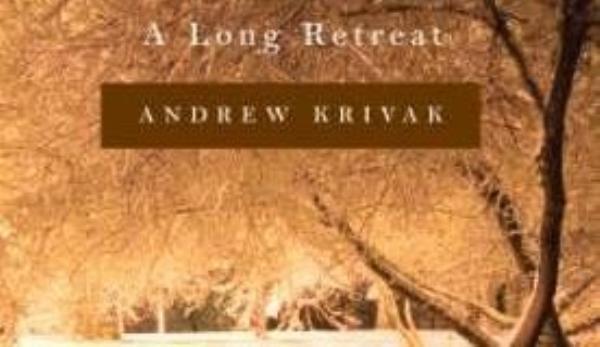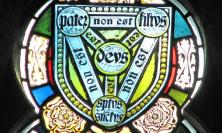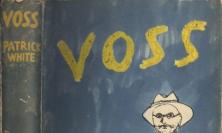In A Long Retreat, Andrew Krivak has given us a book that deserves to be read thoughtfully and reflectively.
As narrative, this account of some years in his life is deceptively simple. A young Catholic American from Pennsylvania, a college education and some varied employment behind him, moves to New York for further studies. In New York, talking with a priest cousin about a possible vocation, he learns about the Jesuits. He contacts them, is given guidance and experiences the life of a Jesuit community in a notably tough neighbourhood in the Bronx. Undeterred, he enters the Jesuits from whom, after more than seven years of serious endeavour and growing doubts, he parts early on in the studies preceding priestly ordination.
This book is more profound than its narrative. A clue to its central theme is its slightly archaic title. Krivak regards the time between his actual ‘Long Retreat’ in the novitiate and his parting from the Society as a continuous long retreat. In his recounting of the Jesuit phase of his life’s journey, he reveals how he drew on aspects of Ignatian spirituality with which his month-long retreat at Wernersville familiarised him. His assimilation of that spirituality will be immediately evident to any reader familiar with the Spiritual Exercises of Ignatius Loyola.
It would be a great mistake to assume that ‘retreat’ implies Krivak was retreating from something, drawing back, for example, from a call to priestly and religious life as a Jesuit. Useless, perhaps, as a book title, nevertheless what he said to himself as he left the Jesuit house where he made his decision ‘to seek his vocation elsewhere in the Lord’, expresses well the outcome of his very long retreat: “I am changed.”
His exterior change from Jesuit to lay member of the Church is of comparatively minor interest when set against his changed understanding of the relationship between God and himself. A key issue, which some psychotherapy helped to surface, was an inability to believe that anyone could love him without one day walking away. He claimed he held this (but the reader may disagree) not because of any great trauma, but because of collective moments everyone has had. Priesthood, eventually, seemed the best guarantee he would belong somewhere, to someone, to God.
Belonging to the Jesuits came at a price. A revealing moment in the book comes when, teaching conscientiously at a Jesuit college, Krivak decides that, ignoring everything academic and spiritual, he would write every morning from six o’clock to nine. He explains the decision in these terms: “There was one thing I did, though, that I insisted I would keep as my own.” For Krivak, a commitment to religious life as a way of defending against unreliable relationships was increasingly unsustainable, primarily because its consequence might have been to suffocate his sense of self, his creative gifts and generativity, which had been a key aspect of an earlier relationship. His most illuminating insight had, in fact, occurred in the early stages of his novitiate ‘Long Retreat’, but it was a further seven years of long retreat before he responded to the freedom that insight offered him. The whole point, he writes, “was to turn me toward what God had given, not what I might make.” That is how he was changed.
What seems to have been the greatest help to Krivak through years that were a time both of crisis and conversion was his fidelity to prayer, a characteristic remarked on by his last Jesuit superior. Moreover, the integrity and focus with which he faced his issues were exemplary. Referring to the retreat in which he decided to leave the Society he writes, “I laid out everything as best I could, not flinching at the complicated uncertainty of it all.”
Towards the Jesuits, except in one justifiable respect, Krivak is unfailingly generous. He does not subscribe to the view that the Jesuits embody a life of poverty, chastity and obedience in decline. They are, he suggests, a community of men who, at the beginning and at the end of the day express a singular longing: a desire to serve God and to imitate Christ in doing so. They are faithful to their longings and he is being faithful to those longings he came to recognise as coming from God.
A Long Retreat is a subtle and impressive blend of experience, spirituality and self-knowledge. All who accompany others through the Spiritual Exercises of Ignatius Loyola should read it. Others may read it for its many lyrical passages, not least the description of the flight of homing pigeons over the roofs of New York.
Perhaps we shall yet read another part of Krivak’s life’s journey; hopefully that of a layperson inspired and sustained by Ignatian spirituality. It will be worth waiting for.
The reviewer, Gero McLoughlin SJ, is Promoter of Ignatian Spirituality for the British Province.
![]() Find this book on Darton, Longman and Todd's web site
Find this book on Darton, Longman and Todd's web site






